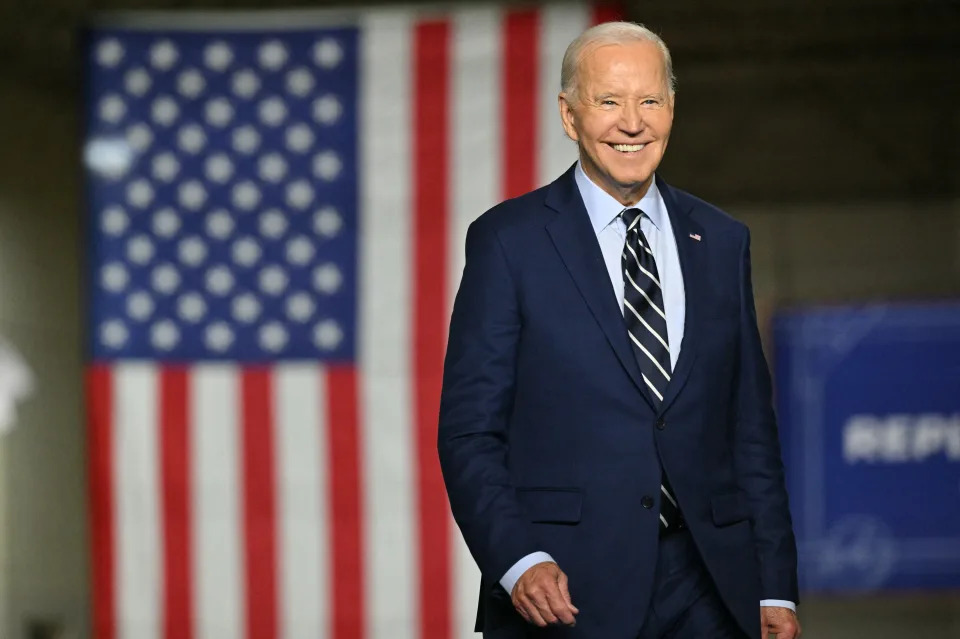Singapore seen keeping monetary policy unchanged as inflation risks linger
Singapore's central bank is widely expected to keep monetary policy unchanged next week and hold off easing settings amid inflation and growth uncertainties caused by geopolitical tensions. Of the 10 analysts polled by Reuters, nine expect the Monetary Authority of Singapore (MAS) to hold off making changes to its policy at the scheduled review next Monday. "Oil prices have climbed from recent geopolitical tensions in the Middle East, while extreme weather conditions are still holding sway over food prices, which remain above pre-pandemic levels," said Moody’s Analytics economist Denise Cheok.

